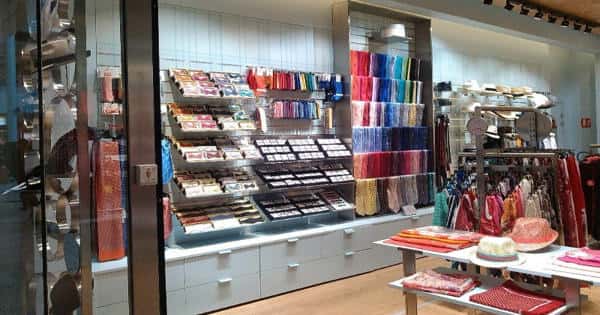Tied Shop is a business that has agreed to sell only a particular supplier’s products. It refers to a type of retail shop that is tied to stock and-sell goods of a particular manufacturer solely. It enhances its sales in preference to other goods. It is a public house rented from or mortgaged to a brewery with or through whom the local proprietor is pledged to do all his liquor buying. This type of business is usually found when a shop takes the sole selling agency of a particular commodity especially jewelry and fancied articles.
A tied house belongs to a farmer or other employer and is rented to someone who works for him or her.
Features
- Dealership can be withdrawn if operators stock competing products.
- The owner is normally the manufacturer.
- Sells products from a single manufacturer.
- Shops usually have the same design
- Prices of goods set by the manufacturer
- Prices of goods set by the manufacturer.
Advantages of Tied shops
- The availability of goods is assured at all times.
- The supplier carries out promotion for the goods.
- The manufacturer/supplier can easily give credit to the shops.
- Customers can return or change faulty goods at any of the shops.
- The shops are easily identifiable due to their similarity.
- Traders are financed by the manufacture
- They get loyal customers who keep buying their branded products
- Advertisement expenses are met by the manufacture
- They get technical advice from the manufacture
- Some operate from permanent premises owned by the manufacture.
Disadvantages
- They are not permitted to hold or sell goods from other manufacturers.
- The similarity of the goods may discourage buyers from buying more
- Making decisions may take time as the manufacturer may need to be consulted.
- If the manufacturer fails to bring or supply goods in time to the retailer, it may lead to losses.
- Decision making is slow because the manufacturer must be consulted
- The shops cannot sell goods from any other manufactures even if customers require them
- Prices are fixed by the manufacture and sometimes profit margins may be low
- They inhibit the retailer’s creativity and innovations
- There is a likelihood of disagreements between the manufacture and the tied shop owners.















